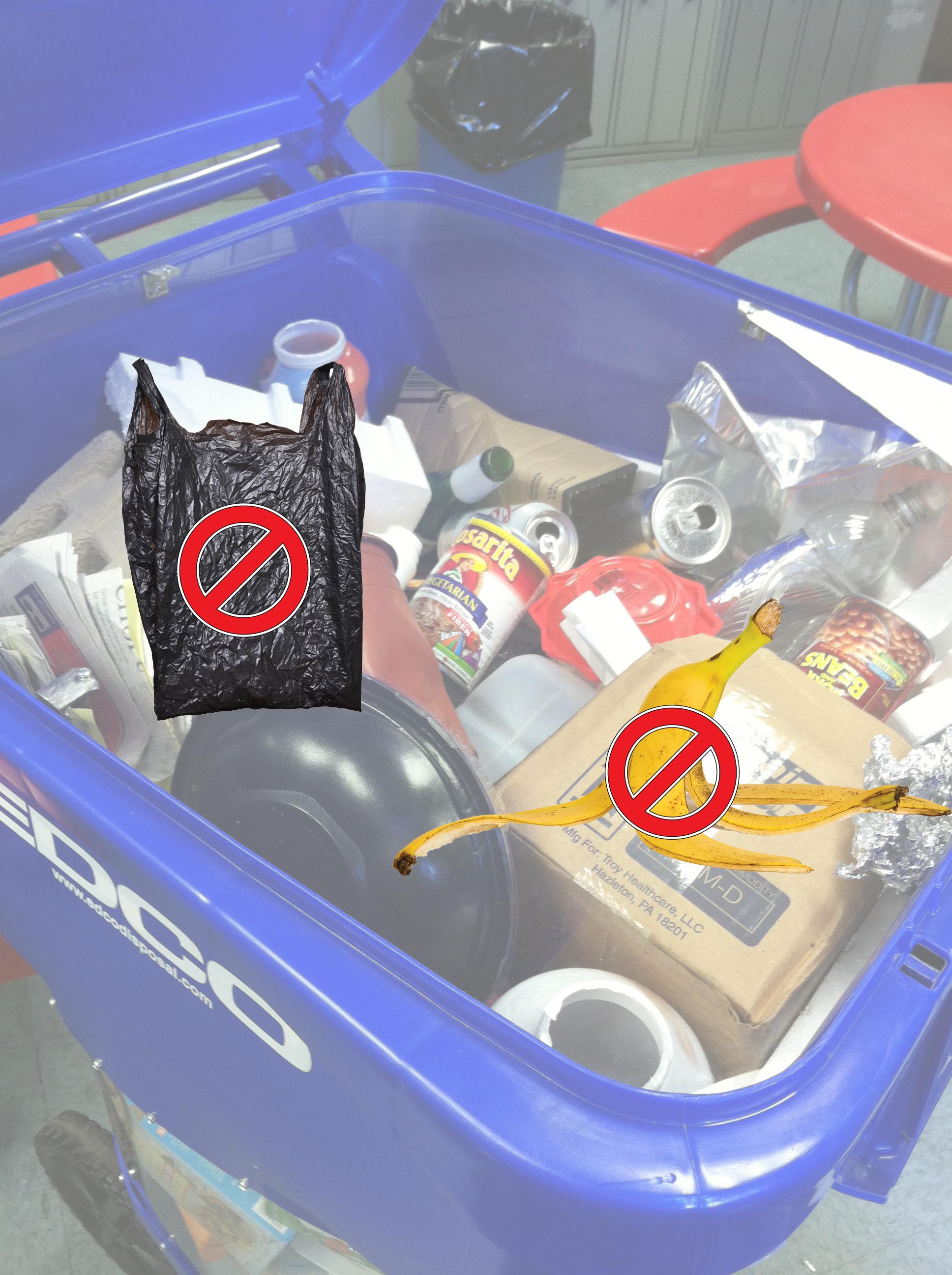Residential Services
Recycling is Easy with EDCO!
EDCO offers recycling programs that allow your tenants to collect a variety of recyclable materials. To ensure program success, your Service Representative can provide bilingual educational materials to support your program.
Here’s What You Can Recycle
| Please DO NOT recycle: | |
|---|---|
|
|
Global Recycling Crisis Puts Greater Focus on Recycling Contamination
Global concerns over recyclable material quality have increased over the years, and these expectations are not going away.

In January 2018, China will no longer accept 26 types of recyclable materials into their country. Nearly 60% of recyclable materials generated in California are currently exported to China and other Asian markets. As a result, processing mills worldwide demand that recycling facilities ship only recyclables with less than one percent contamination, a significant change in material requirement standards. A minimal amount of contamination, such as garbage, green waste, or other debris, can ruin a complete load of recyclable material. The quality of recyclable material can impact your costs should contamination require recycling to be dumped as trash.
Please help us prevent and reduce recyclable material contamination by reviewing EDCO’s guidelines and acceptable items in our residential recycling program.
Additional Recycling Resources
Additional recycling resources, including videos, guides, and mandates, can be found in our Resource Center.
Your Service Area
You are currently viewing services for San Marcos. Enter a zip code to if you want to switch to another location.
